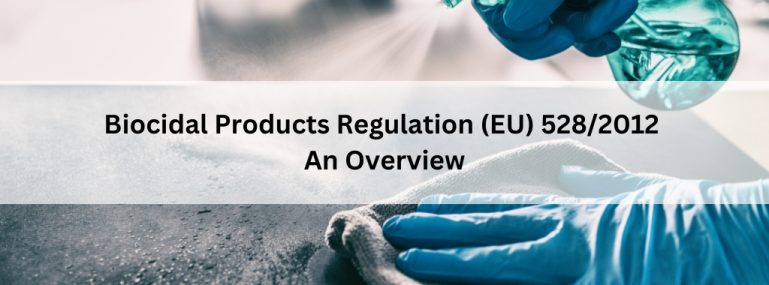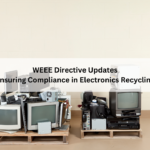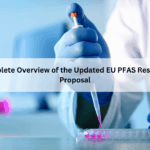Biocidal products, such as disinfectants, insect repellents, and wood preservatives, play a vital role in safeguarding public health and protecting materials. However, ensuring their safety, effectiveness, and environmental sustainability necessitates stringent regulation. This is where the Biocidal Products Regulation (EU) 528/2012 (BPR) comes into effect.
Biocidal products are substances or mixtures designed to control harmful organisms, including bacteria, viruses, fungi, and pests. The primary objective of the BPR is to facilitate the free movement of biocidal products within the European Union while maintaining a high level of protection for human health, animal welfare, and the environment. Special attention is given to vulnerable groups such as pregnant women and children.
The regulation aims to minimize the environmental impact of biocidal products by preventing pollution of water, soil, and harm to wildlife. By standardizing the approval process across all EU member states, the BPR eliminates trade barriers and ensures uniform compliance.
Before a biocidal product can be marketed in the EU, it must undergo a two-step approval process:
- Active Substance Approval: The European Chemicals Agency (ECHA) evaluates and approves the active ingredient to ensure its safety and efficacy.
- Product Authorization: Once the active ingredient is approved, manufacturers must apply for product authorization in one or more EU countries to verify its safety, effectiveness, and environmental impact.
The BPR mandates clear and accurate labeling of biocidal products to provide users with essential safety information. Even after approval, these products remain under continuous monitoring. Regulatory authorities across the EU conduct inspections to ensure compliance, and if new risks emerge, products may be restricted or withdrawn from the market.
ECHA plays a pivotal role in enforcing the BPR by assessing risks associated with active substances, reviewing product applications, and maintaining a public database of approved biocidal products. Additionally, the regulation evolves with advancements in science and technology, promoting the adoption of greener and more sustainable alternatives.
ComplianceXL offers expert consulting services to assist companies in meeting the requirements of the Biocidal Products Regulation. Our compliance management platform helps businesses stay up to date with regulatory obligations through due diligence, supplier engagement, and comprehensive compliance documentation.
FAQs:
1. Who is responsible for enforcing the BPR?
The European Chemicals Agency (ECHA) oversees the implementation of the BPR by assessing risks, reviewing product applications, and maintaining a public database of approved biocidal products.
2. Can biocidal products be sold across all EU countries?
Yes, biocidal products can be marketed throughout the EU via Union Authorization. Alternatively, some products may be approved for sale in a single country through National Authorization.
3. How should biocidal products be labeled?
Biocidal products must include clear labeling with instructions for use, safety precautions, and detailed product information to ensure safe and effective application.





